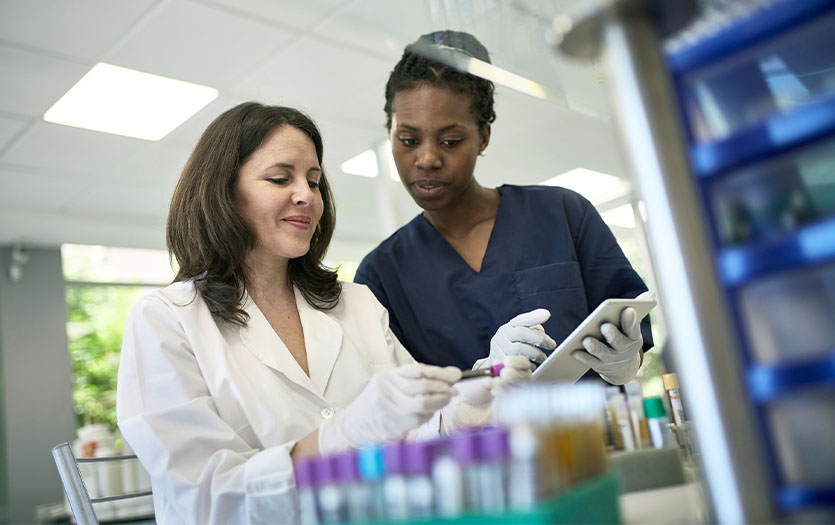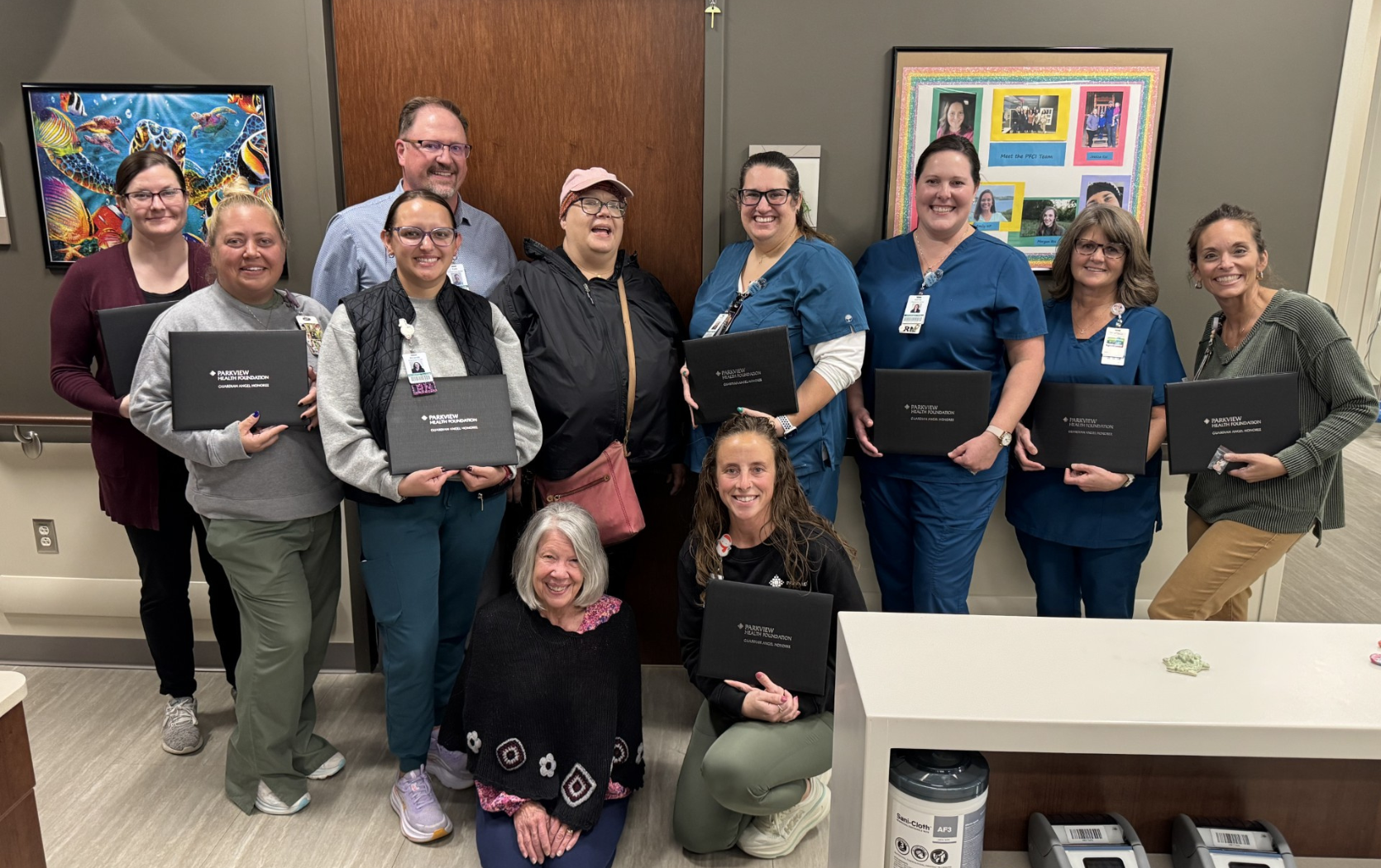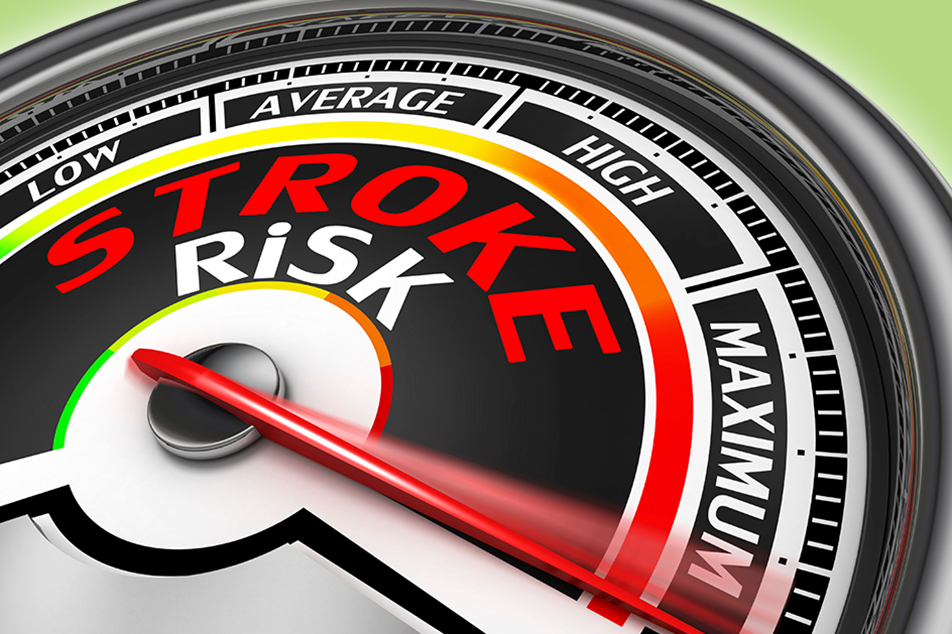
As anyone who has been affected by a stroke can tell you, the results of this condition can be devastating. While there are certain risk factors that put some people at a greater risk, be aware that this health hazard generally does not discriminate; it does not select targets based solely on age or genetics. The good news is, specialists in the field estimate as many as 80 percent of strokes are preventable. That's why it's so important to educate yourself and your loved ones on the best steps for prevention and a prompt response.
As with any threat, knowledge is key. Women do have more strokes and suffer greater disability afterward compared to men. Also, twice as many women die from strokes than from breast cancer every year.
This reality demands a proper response to minimize potential harm. "It cannot be said too often that it is essential for anyone having signs of a stroke to call 911 so they can be transported to the hospital as quickly as possible." Fen Lei Chang, MD, PhD, Neurologist with Fort Wayne Neurological Center, said. "We have a narrow window of opportunity in which we can treat stroke. If the patient decides to take a nap or to wait to see if the symptoms go away on their own, by the time they do arrive at the hospital it might be too late to treat the stroke and achieve any meaningful recovery. Nearly 2 million brain cells die every minute."
Thankfully, there have been some promising breakthroughs recently in the treatment of this condition. Several studies demonstrated the positive impact of minimally invasive intra-arterial therapy using a catheter to remove clots blocking arteries to the brain. These methods have improved the percentage of patients who can return to normal life activities from 25% up to 50%. It is now a new standard of care in treating appropriately chosen patients with acute ischemic stroke.
May is National Stroke Awareness Month and we encourage all of our readers to become familiar with the common risk factors for and necessary response to this devastating condition.
Prevention makes a difference.
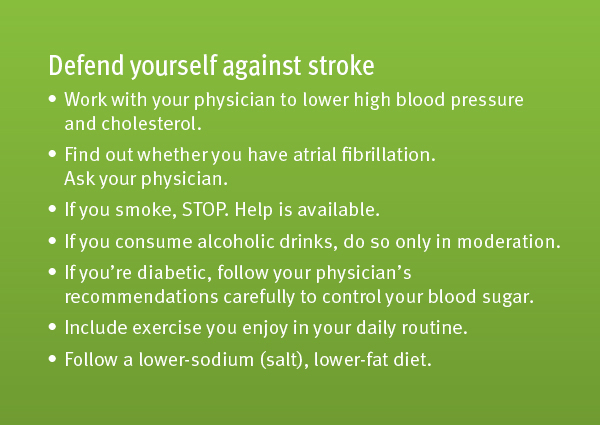
A quick response is crucial.
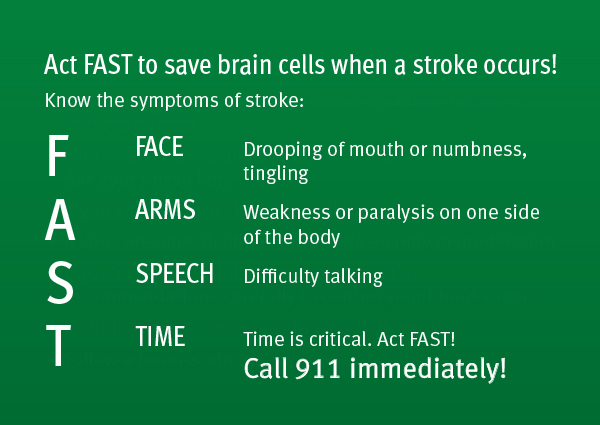
Take the quiz.
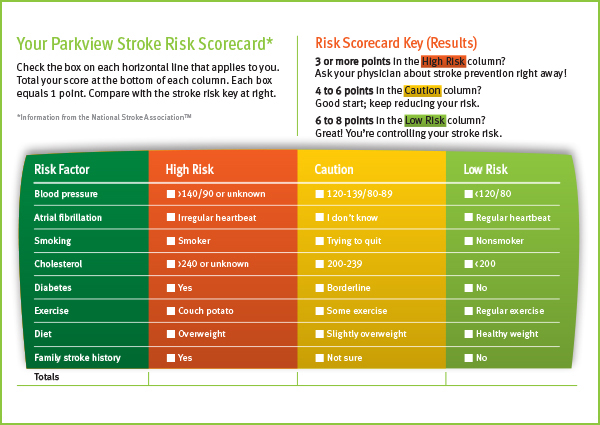
For more information, contact the Parkview Stanley Wissman Stroke Center at (260) 266-1452 or visit strokeassociation.org for tips on prevention and recovery.


